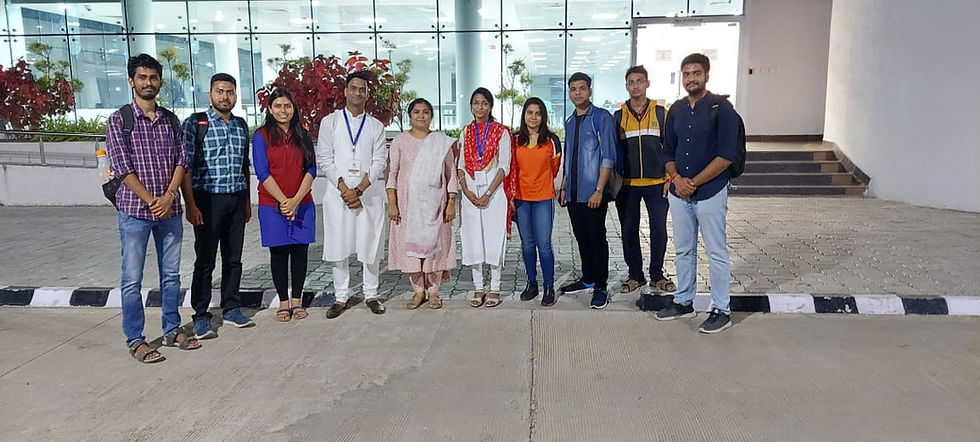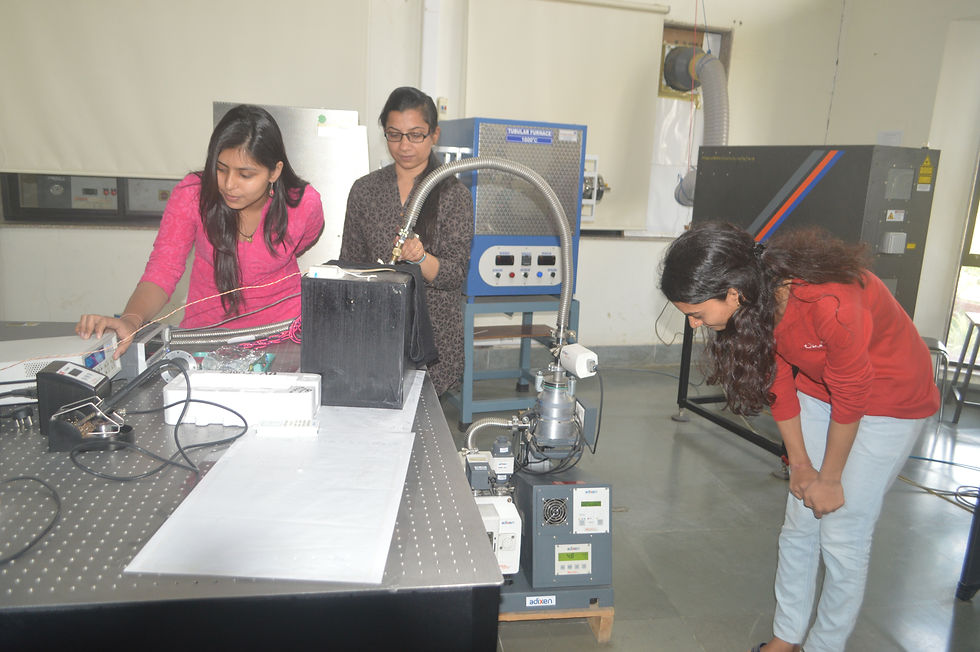Last updated: June 6, 2025

Krushna R. Mavani
Professor(HAG) at Department of Physics, IIT Indore
Earlier positions:
Postdoctoral Researcher at Kyoto University, Japan
Postdoctoral Researcher at Osaka Universiry, Japan
Postdoctoral Researcher at Tata Institute of Fundamental Research, Mumbai, India
Ph.D. from Saurashtra University, Rajkot, India
Ph.D. (PHYSICS)
-
Editorial Board Member of 'Pramana: Journal of Physics' - an international science journal published by Indian Academy of Sciences (Since Jan 2022)
-
Editorial Board Member of ‘Heliyon’- an international science journal by Elsevier (Since 2016).
-
Member, Expert committee for grants under WOS-A and WISE-KIRAN under Department of Science and Technology (DST), India (2021-2024).
-
Member, Expert committee for National Postdoctoral Fellowship (NPDF) and Startup Research Grants (SRG) under Science Education and Research Board (SERB), India, (Aug. 2021-2024)
-
Member, Gender in physics working group, Indian Physics Association (IPA), (2023-2025).




Research interests :
Experimental Condensed Matter Physics
-
Thin films, multilayers and nanostructures grown by Pulsed Laser Deposition technique.
-
Terahertz Time-domain Spectroscopy
-
Structural, Electronic, Magnetic and Optical properties of functional materials
-
Materials and devices for optoelectronics and spintronics
